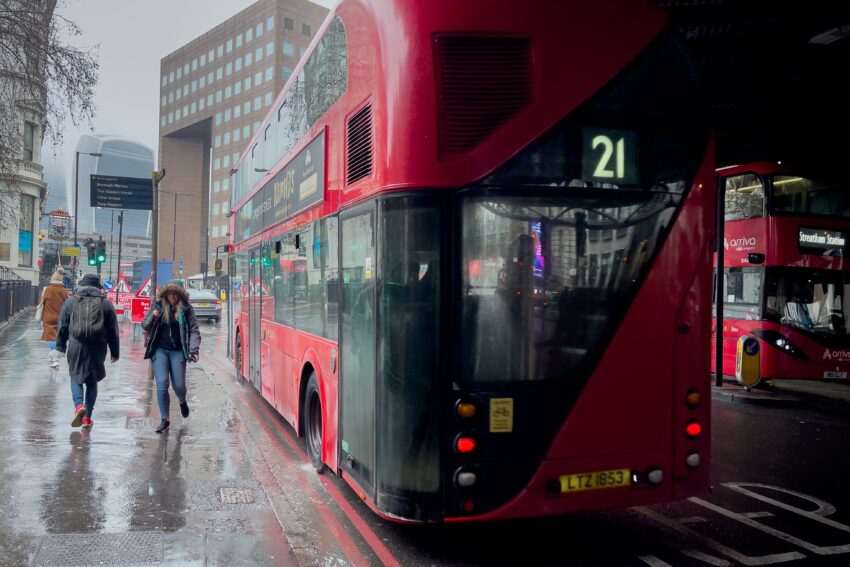Poor weather and consumers prioritising savings have led to a significant decline in retail sales.
According to the Confederation of British Industry (CBI), the weighted balance of retail sales fell to -43% in July from -24% in June, marking the second consecutive month of declining sales. Retailers also anticipate a further drop in August.
The CBI identified wet weather at the beginning of July as a primary factor in weak consumer spending. Additionally, wholesale sales volume and motor trade purchases contracted at a faster rate this month. Retailers are struggling to move stock due to sluggish demand, with unsold product levels reaching their highest since June last year. Expectations are that stock levels will remain high next month, reflecting continued poor demand.
“Retailers anticipate annual sales volumes to continue falling in the next month,” the CBI stated. “Sales are also set to remain below seasonal norms in August. However, some firms expressed hope for an improvement in market conditions following the general election.”
Separate economic surveys covering May and June suggested that households and businesses paused spending during the election campaign. Economists believe Labour’s landslide victory could improve GDP growth by reducing political uncertainty and encouraging spending.
Martin Sartorius, principal economist at the CBI, commented: “July marked a disappointing month for the distribution sector, with retailers feeling the sting from a harsh mix of unfavourable weather conditions and continuing market uncertainty.
“While the downturn in sales volumes is set to continue next month, some firms expressed hope for an improvement in market conditions post-general election. The sector will now look for the new government to deliver on its bold reform agenda outlined in the King’s Speech to supercharge growth to effectively aid households’ finances and offer market stability.”
Consumer spending has been lacklustre this year, impacted by a higher propensity to save among households and unsettled summer weather. According to the Office for National Statistics, retail sales dropped by 1.2% in June.
The UK heavily relies on household consumption for GDP growth, with the services industry representing about two-thirds of all output. Expected interest rate cuts by the Bank of England this year could boost consumer spending by reducing incentives to save and making borrowing more affordable.
Inflation has stabilised at 2% for the past two months, aligning with the Bank’s target, while wages have grown by 5.7% annually over the past three months. Economists anticipate that pay growth will continue to outpace inflation for the rest of the year, helping to improve living standards post-cost of living crisis. This increase in real wages raises hopes that retail sales will strengthen as the year progresses.
Recently, the economy has surpassed analysts’ expectations, with the Office for National Statistics estimating that GDP expanded by 0.7% in the first three months of 2024, the fastest growth among the G7 group of leading economies during this period.


